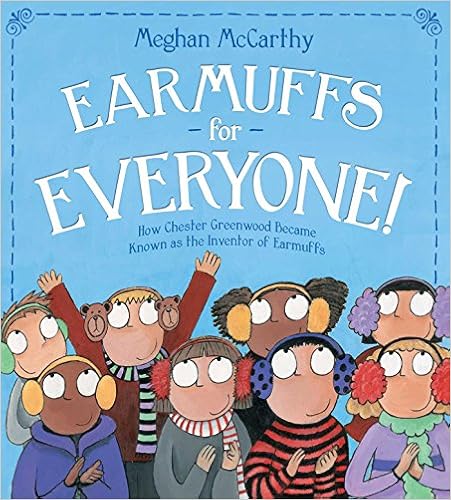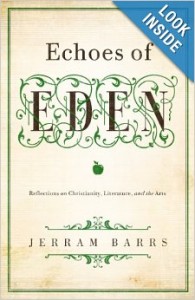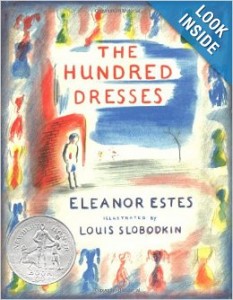From Daniel Webster’s Plymouth Oration, delivered at Plymouth, Massachusetts, December 22, 1820:
Our fathers were brought hither by their high veneration for the Christian religion. They journeyed by its light, and labored in its hope. They sought to incorporate its principles with the elements of their society, and to diffuse its influence through all their institutions, civil, political, or literary. Let us cherish these sentiments, and extend this influence still more widely; in the full conviction, that that is the happiest society which partakes in the highest degree of the mild and peaceful spirit of Christianity.
The hours of this day are rapidly flying, and this occasion will soon be passed. Neither we nor our children can expect to behold its return. They are in the distant regions of futurity, they exist only in the all-creating power of God, who shall stand here a hundred years hence, to trace, through us, their descent from the Pilgrims, and to survey, as we have now surveyed, the progress of their country, during the lapse of a century. We would anticipate their concurrence with us in our sentiments of deep regard for our common ancestors. We would anticipate and partake the pleasure with which they will then recount the steps of New England’s advancement. On the morning of that day, although it will not disturb us in our repose, the voice of acclamation and gratitude, commencing on the Rock of Plymouth, shall be transmitted through millions of the sons of the Pilgrims, till it lose itself in the murmurs of the Pacific seas.
We would leave for the consideration of those who shall then occupy our places, some proof that we hold the blessings transmitted from our fathers in just estimation; some proof of our attachment to the cause of good government, and of civil and religious liberty; some proof of a sincere and ardent desire to promote every thing which may enlarge the understandings and improve the hearts of men. And when, from the long distance of a hundred years, they shall look back upon us, they shall know, at least, that we possessed affections, which, running backward and warming with gratitude for what our ancestors have done for our happiness, run forward also to our posterity, and meet them with cordial salutation, ere yet they have arrived on the shore of being.
Advance, then, ye future generations! We would hail you, as you rise in your long succession, to fill the places which we now fill, and to taste the blessings of existence where we are passing, and soon shall have passed, our own human duration. We bid you welcome to this pleasant land of the fathers. We bid you welcome to the healthful skies and the verdant fields of New England. We greet your accession to the great inheritance which we have enjoyed.
We welcome you to the blessings of good government and religious liberty. We welcome you to the treasures of science and the delights of learning. We welcome you to the transcendent sweets of domestic life, to the happiness of kindred, and parents, and children. We welcome you to the immeasurable blessings of rational existence, the immortal hope of Christianity, and the light of everlasting truth!
Note that Mr. Webster assumed that future generations would value certain ideals: science, learning, good government, religious liberty, domestic life, rationality, truth, hope, and most of all Christianity. If he were to travel through time and see us here, what would he think of our stewardship of the pleasant land of the fathers and of the blessings of liberty and of the immortal hope of Christianity?
Today’s Gifts from Semicolon:
A story: about Daniel Webster, just for fun: The Devil and Daniie Webster by Stephen Vincent Benet.
A song: On this day in 1808 Ludwig van Beethoven conducted and performed in concert at the Theater an der Wien, Vienna, with the premiere of his Fifth Symphony, Sixth Symphony, Fourth Piano Concerto (performed by Beethoven himself) and Choral Fantasy (with Beethoven at the piano).
A birthday: Edward Arlington Robinson, b.1869.
A booklist: Deliberate Reader with 31 Days of Great Nonfiction.
 A verse:
A verse:
A Happy Man by Edward Arlington Robinson
When these graven lines you see,
Traveller, do not pity me;
Though I be among the dead,
Let no mournful word be said.
Children that I leave behind,
And their children, all were kind;
Near to them and to my wife,
I was happy all my life.
My three sons I married right,
And their sons I rocked at night;
Death nor sorrow never brought
Cause for one unhappy thought.
Now, and with no need of tears,
Here they leave me, full of years,–
Leave me to my quiet rest
In the region of the blest.
 Chester Greenwood was born on December 4, 1858. He allegedly had large, cold ears and invented earmuffs to protect those ears at the age of 15. Well, according to author Meghan McCarthy, Chester at least improved the idea of earmuffs and got a patent for his new, improved earmuffs.
Chester Greenwood was born on December 4, 1858. He allegedly had large, cold ears and invented earmuffs to protect those ears at the age of 15. Well, according to author Meghan McCarthy, Chester at least improved the idea of earmuffs and got a patent for his new, improved earmuffs.


